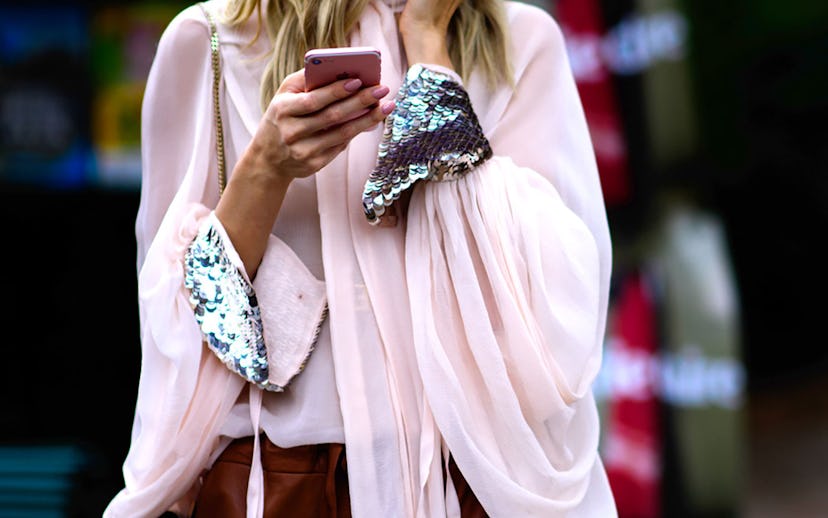
9 Ways To Help Your Anxiety
From our friends at the Zoe Report
Curated by Rachel Zoe and her team of editors and stylists, The Zoe Report is not only your stop for all things fashion and beauty but all-around lifestyle as well. Check out their site for everything from shopping tips to dating advice, to the latest in celebrity news.
Everyone knows the feeling of being rushed in and out of a doctor’s appointment, after which you’re handed prescriptions for medications that seem aimed at hiding symptoms rather than getting rid of whatever dysfunction is causing them. It’s a disconcerting experience, because we trust our doctors yet we’re often not sure they’ve even had time to process our issues properly before making a diagnosis. Some, however, are trying to change their approach, prioritizing an in-depth relationship with patients and taking a more comprehensive route to curing what ails them. Robin Berzin, MD, founder and CEO of Parsley Health, is one such practitioner. Here, we get the skinny on how she quiets anxious minds holistically and affordably, and how you can get on board.
"First, cut out foods you are sensitive to. Not sure what those are? Many people are sensitive to foods like gluten and dairy. I can’t say enough about how strong the connection is between the brain and the gut. 95 percent of the serotonin in your body is in your gut, and the immune system crosses the blood-brain barrier, so if your body is inflamed from eating foods that trigger an immune response, so is your brain. I have so many patients who are gluten sensitive whose primary symptom is brain fog, fatigue, low mood and irritability, not a digestive symptom. Try a 30-day elimination diet cutting out gluten, dairy, and processed foods. The effect on your mood may shock you."
"Cut out sugar and caffeine. Many people are caught in a sugar and caffeine-fueled roller coaster that is driving their anxiety. When they stop eating refined carbs, sugar, and caffeine, their anxiety and insomnia begin to fade."
"Magnesium is a gentle calcium channel blocker, meaning it calms the nervous system and can even mildly lower blood pressure. I prescribe 400mg of magnesium glycinate, the best-absorbed form, at bedtime daily for people with anxiety and insomnia. It helps them relax and sleep more deeply. You can take it during the day as well!"
"Cut out alcohol. Alcohol is a depressant and an anxiety trigger. If you are drinking more than two days per week you may be causing your mental health imbalance."
"Exercise every day. The human body was designed to run, lift, jump and stretch, and yet most of us are using it to sit in a chair 12 hours a day looking at a screen. As I explain to many of my patients, the energy caused by worry irritability and fear needs a place to go. Exercise is a tool to release it."
"Get genetics testing for the MTHFR gene. Some people have a variant of their MTHFR gene. This impacts the rate at which their brains produce serotonin, dopamine, and norepinephrine."
"When you take a methylated form of two B-vitamins, B9 (commonly known as folic acid) and B12, you produce more mood-boosting neurotransmitters. We make a Rebuild protein shake that has a complete panel of methylated B-vitamins in it, so people get their B’s and boost their mood with a delicious smoothie instead of a pill."
"Develop a daily meditation practice. Meditation has been proven to lower inflammation, lower cortisol, improve mood, and calm anxiety. At Parsley, we prescribe meditation tools to nearly every patient. Our unlimited health coaching, which is designed to help you actually make the changes your doctor recommends, includes meditation training."
"Deep-belly breathing, which you often do in yoga and meditation, stimulates the vagus nerve, which turns on the parasympathetic or “rest and digest” side of the nervous system. I have seen a simple practice like a breathing exercise help people retrain their brains to be less anxious."